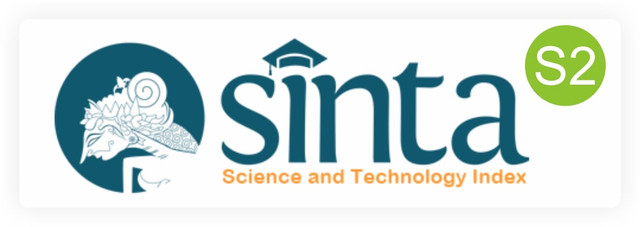The antiviral activity of Laportea decumana methanolic extract against NDV virus
DOI:
https://doi.org/10.12928/pharmaciana.v14i2.28083Keywords:
NDV, Laportea decumana, Antiviral, Plaque assayAbstract
The avian species virus that causes Newcastle disease is an extremely contagious illness. Avian paramyxovirus 1, or Newcastle disease virus (NDV), is a virus that brings harm to poultry's central nervous system and digestive tract. The NDV outbreak was initially documented in 1928 in Java, Indonesia. Newcastle disease does not currently require therapy. One popular and useful strategy for preventing and treating viral infections, such as Newcastle disease, is vaccination. With a variety of native medicinal plants and an abundance of biodiversity, Indonesia presents a promising area for biotechnology and pharmaceutical research. Laportea decumana, is a native plant in the Eastern part of Indonesia that contains alkaloids, glycosides, steroids, flavonoids, tannin, and saponin. Its cytotoxic, analgesic, antioxidant, and antibacterial properties have all been demonstrated. The antiviral properties of L. decumana have not been extensively researched. Thus, the purpose of this study is to examine L. decumana's antiviral activity, particularly against NDV, using a variety of techniques, including the plaque assay, cytotoxicity test, and gene expression experiment. L. decumana extracts at 100 mikrogram per mL or less is a safe concentration to consider, as it still has 65 persen and above cell viability based on the results of the cytotoxic assay.Downloads
Published
2024-07-24
Issue
Section
Biology Pharmacy
License
Authors who publish with Pharmaciana agree to the following terms:
- Authors retain copyright and grant the journal the right of first publication with the work simultaneously licensed under a Creative Commons Attribution License (CC BY-SA 4.0) that allows others to share the work with an acknowledgment of the work's authorship and initial publication in this journal.
- Authors are able to enter into separate, additional contractual arrangements for the non-exclusive distribution of the journal's published version of the work (e.g., post it to an institutional repository or publish it in a book), with an acknowledgment of its initial publication in this journal.
- Authors are permitted and encouraged to post their work online (e.g., in institutional repositories or on their website) prior to and during the submission process, as it can lead to productive exchanges, as well as earlier and greater citation of published work.


1.png)











